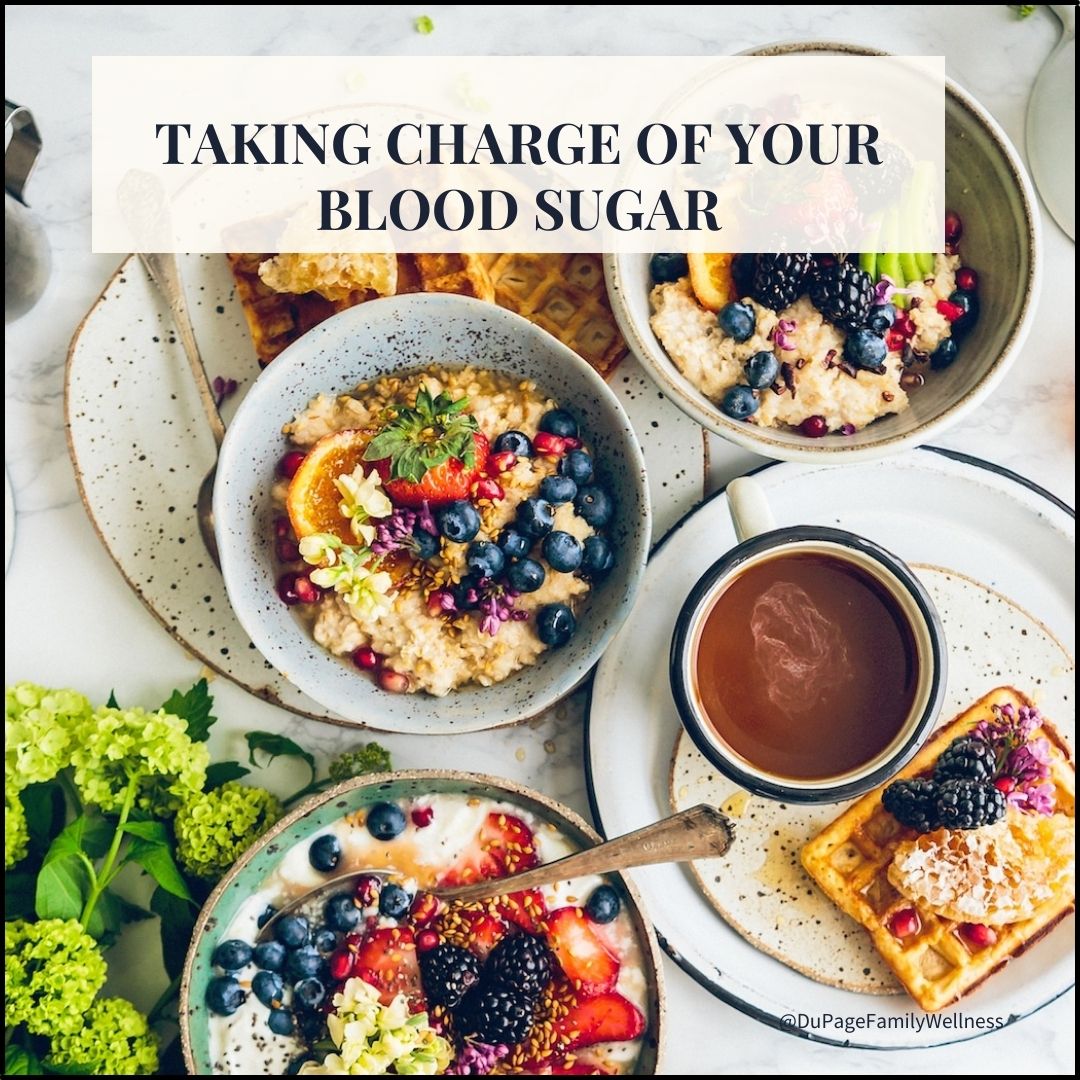 Getting a good breakfast is a struggle for most people, but when you take a look at the research you will find just how important that first meal is. A solid breakfast will set you up for steady blood sugar and set you up to make good choices throughout the day!
Getting a good breakfast is a struggle for most people, but when you take a look at the research you will find just how important that first meal is. A solid breakfast will set you up for steady blood sugar and set you up to make good choices throughout the day!
Let’s take a quick look at the research and then talk about what you should be eating for breakfast and why.
A Bigger Breakfast
A research study divided women into 2 groups. Both groups were on a reduced calorie diet of about 1400 calories. The first group had 700 calories at breakfast, 500 at lunch, and 200 at dinner. The second ate 200 at breakfast, 500 at lunch, and 700 calorie at dinner time.
The Big Breakfast Group
- Had greater reductions in fasting glucose
- Had greater reductions in fasting insulin
- Lost more weight
- Lost more inches at waist
- Greater decreases in triglycerides
- Had lower hunger scores
- Had higher satiety scores
This study was on overweight and obese women, but other research shows similar benefits.
Big Breakfast for Women with PCOS
Another study found that lean women with Polycystic Ovary Syndrome (PCOS) benefited from a high-calorie breakfast as well.
In lean women with PCOS, a high caloric intake at breakfast with reduced intake at dinner results in improved insulin sensitivity and reduced cytochrome P450c17α activity, which ameliorates hyperandrogenism (acne, hair growth in a male pattern, hair loss on the head) and improves ovulation rate.
These findings indicate that meal timing and distribution should be considered as a therapeutic option for women with PCOS.
What to eat for Breakfast
When preparing your big breakfast, it is really important to focus on protein, fat, fiber, and minimal (if any) carbs. This last part about the carbs, is especially important if you have PCOS, insulin resistance, or type 2 diabetes. An ideal breakfast will have about 25-30 grams of protein or a serving about the size of the palm of your hand. It will also have one serving of fat about the size of your thumb. The fiber would be your veggies! I am a big fan of getting a variety of vegetables in throughout the day starting at breakfast! If you do want some carbs, feel free to have some berries or non-starchy vegetables. (If you don't have a blood sugar issue, eating some starchy veggies or grains along with your protein and fat can work).
You see, when we eat too many carbs (and sugar) both our blood sugar and insulin have a sharp spike. This is followed by a sharp drop a few hours later. Protein and fat can help you get off of the cycle of this rapid increase and decrease in blood sugar and insulin.
When you are in a negative cycle with your blood sugar, the blood sugar drop triggers your brain to think there’s danger. When this happens the amygdala (lizard brain responsible for fight/flight/freeze) is triggered and your body is flooded with cortisol. With the amygdala in control, you move out of the thinking part of your brain (prefrontal cortex) and move into the more primal part of the brain. This cycle is where you get cravings, shakiness, anxiety, etc. as the body is calling out for more sugar.
A high-protein breakfast will set you up for more stable level blood sugar levels throughout the day and help to decrease cravings. It may also help you lose weight if that is one of your goals.
If you aren’t eating breakfast, I encourage you to start. This is especially important for those of you with PCOS! (P.S. In case you missed our article last week, it is still PCOS awareness month. Check out the article here and sign up for our free class for more info!)
Dr. Jamie

